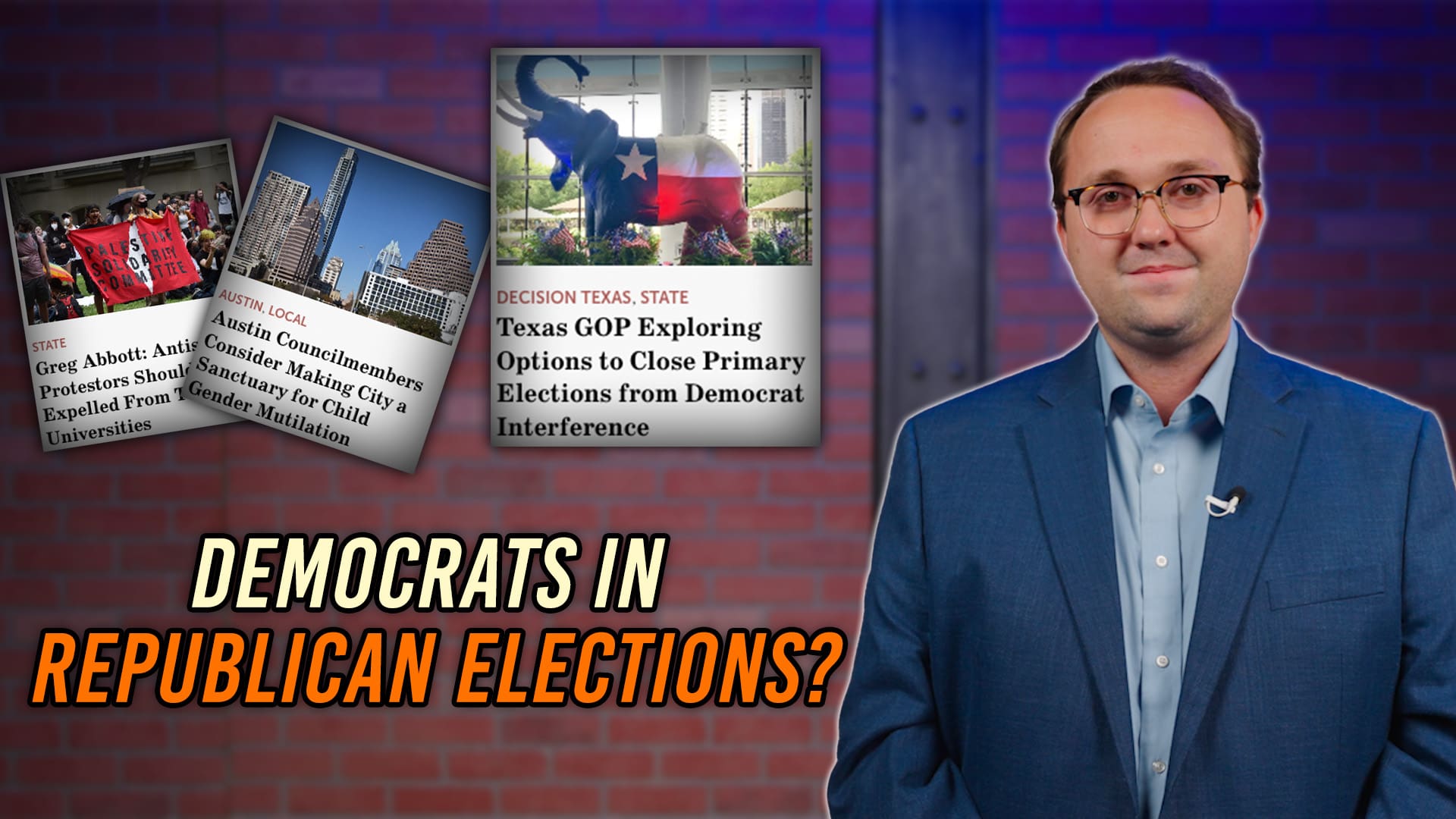In light of an increasing population and the difficulties associated with decades of overlapping regulations, the City of Austin is preparing to overhaul its land use code.
On Monday, Austin Mayor Steve Adler held a press conference unveiling CodeNext, which is still in development. The Austin Land Development Code was originally written 30 years ago, and has been discretionarily amended and reregulated as the city has grown.
The adoption of a new code should theoretically make complying with zoning regulations simpler and easier to understand, according to the city’s published documents about the new code. Whether or not they will be reasonable is another matter entirely, and one that is not certain at this juncture.
The new code also aims to promote increasing urban density in a manner that emphasizes walking and reliance on public transit – which should go hand in hand with many of the new projects outlined in the massive mobility bond the city recently passed.
One major shift with the new code is moving away from use-based zoning by categorizing zones into two types: transect and non-transect zones. Transect zones will involve considering the aesthetic of a region and then discussing what appropriate uses for that region would be. These zones, totaling 13 in variety, range from “neighborhood edge” to “urban core.”
The new code will keep much of the zoning districts very much the same, but will ostensibly address a host of issues, such as a sluggish permitting process. It’s also still in its infancy and has yet to be fully fleshed out, with the timeline set for the drafted code to be finalized in around a year.
“We have set the timeline for this project, and it’s basically a year,” said Mayor Steve Adler. “The goal is to have this (City) Council vote on first reading on this code December of 2017, which allows for a final passage in the first quarter of next year.”
Citizens who are concerned about the potential impacts of the zoning code changes should be prepared to attend meetings throughout the year to provide input. As the code gets developed further and further, citizen input is the only way to ensure that the final product is one that benefits Austin residents – not just the ones writing it.




